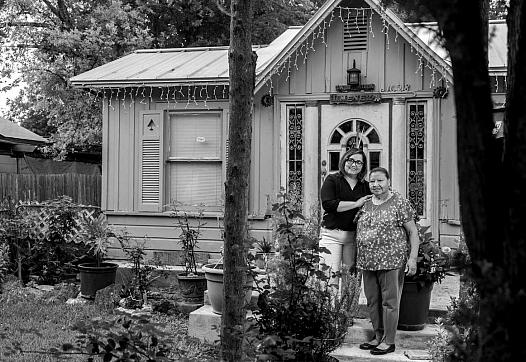
The goal is to keep patients from falling through the cracks in the health care system — cracks that can be more dangerous for Latinos in San Antonio's South Side.

The goal is to keep patients from falling through the cracks in the health care system — cracks that can be more dangerous for Latinos in San Antonio's South Side.

A review of internal records and interviews with a dozen current and former health department staff show what expertise it possesses has long been muzzled or ignored.

There are few staff to monitor Nebraska’s vast swaths of farmland, thousands of cattle feedlots, large hog operations and chicken farms. And the agencies’ own regulations don’t give the staff many tools to combat malpractice.

Ariel Hart’s reporting on gaps in medical services in Georgia was undertaken as a project for the USC Annenberg Center for Health Journalism 2022 National Fellowship....

Atlanta Mayor Andre Dickens says Wellstar Health System received purchase offers for its Atlanta Medical Center property, and had it valued prior to publicly announcing the hospital’s closure.
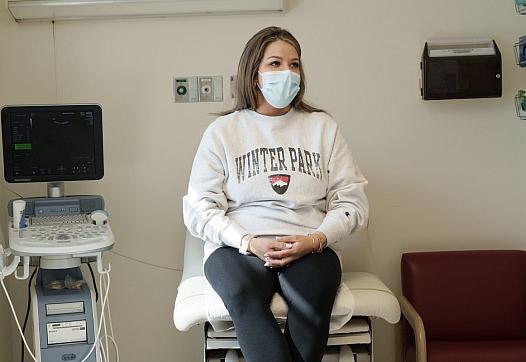
A win for Medicaid expansion in South Dakota is a victory for public health, policy experts say, but now comes the work of ensuring the people who are eligible actually get enrolled.
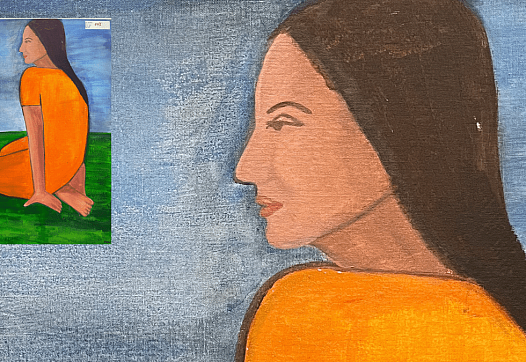
Nisha thought that violence in a marriage was simply what every Indian wife ‘had to accept’ in her husband’s home. She was only 24.
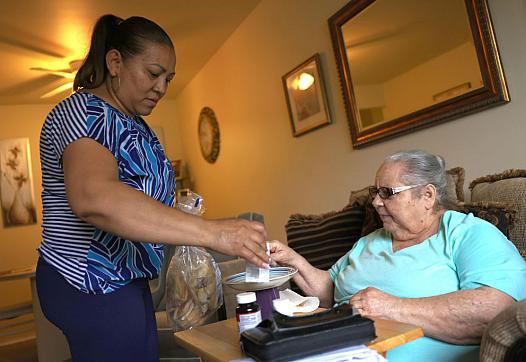
South Carolina officials told Brandie Makrin that something traumatic had to happen to her 21-year-old autistic son before he could get the help he needed.
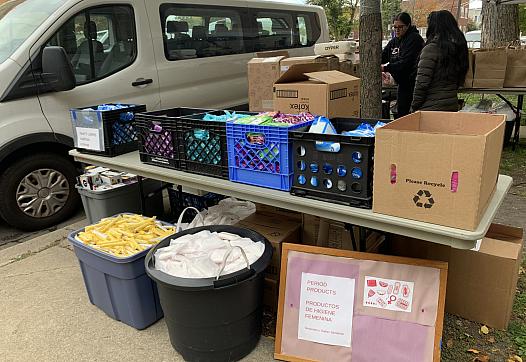
This lack of access to menstrual products, hygiene facilities, education or waste management is referred to as period poverty, or menstrual poverty.

The planned renovation has the potential to generate millions of dollars through the recapitalization process, enough to fix up the deteriorating apartments and earn some money. But it's been delayed.